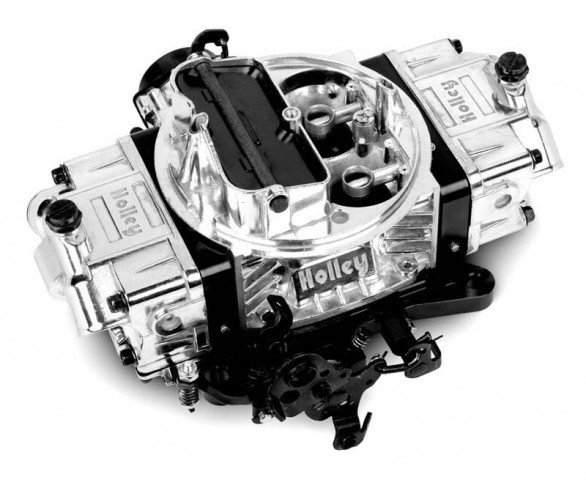Govt likely to continue allowing import of used cars
ECC to approve new policy in upcoming meeting, offer incentives to new players

ECC to approve new policy in upcoming meeting, offer incentives to new players. CREATIVE COMMONS
The government has not shown any intention to give in to the lobbying of key players in the automobile industry and is planning to continue allowing the import of used cars in the proposed new policy in an attempt to break the monopoly of existing players.
The industry had pressed the government to ban the import of used cars, but the demand was turned down, say officials.
The Economic Coordination Committee (ECC) is expected to approve the new policy in its upcoming meeting.
Read: Vehicle imports: Govt asked to allow import of cars
Talking to The Express Tribune, Privatisation Commission Chairman Mohammad Zubair, who played a key role in drafting the policy, said the document would be tabled before the ECC and it would carry incentives for the new investors to create a level playing field.
He stressed that the country would continue to import used cars as millions of people were associated directly or indirectly with this trade and “we do not want to take any step that could hurt employment.”
The ECC, in its meeting on October 12, 2014, had decided to offer tariff protection for five to seven years to new entrants to the auto industry in order to break the monopoly of existing players, who were still counting on obsolete technology and selling vehicles at high prices.
The committee noticed that despite getting incentives from the government, the car assemblers were demanding high prices from the consumers.
The assemblers were also earning hefty profits on the advance deposited by consumers before the delivery of cars. The ECC was told that the automobile industry had not been showing any growth for the past many years and had even recorded negative growth notwithstanding the fact that it had got a host of incentives.
On the ECC’s directive, the Ministry of Industries and Production and the Engineering Development Board had started work on a policy that would offer incentives to the new players, create competition and lead to a decline in vehicle prices.
According to officials aware of the development, a committee constituted by the ECC had reviewed different proposals for giving the incentives.
It considered imposing reduced import duties at 10%, 15% and 20% on localised and non-localised parts of completely knocked down (CKD) kits as an incentive to encourage investment and competition. Later, an agreement was reached for 10% duty and a final decision will be taken by the ECC. This protection is proposed to be given to the new entrants for five years.
At present, the import duty on non-localised parts, which are not manufactured in the country, is 32.5% and on localised parts it is 50%.
Currently, the vendors or vehicle assemblers manufacturing spare parts themselves are allowed import of raw material, sub-components, components and sub-assemblies at 0, 5, 10 and 20% duty respectively.
However, the government is planning to bring all these categories under a single title and introduce a uniform rate of duty. This will facilitate the industry and give a boost to its operations, officials say.
It has been noticed that not a single car manufacturer has been able to complete the deletion programme even after extension in the deadline. The government is expected to set up a technology support fund, with the help of industry players, which will help bring new technology in the sector.
The new policy also proposes that Pakistan should become a member of the UNECE World Forum for Harmonisation of Vehicle Regulations in order to promote vehicle safety. The forum allows the introduction of innovative vehicle technologies with a continuous improvement in vehicle safety.
Read: Govt refuses to slap ban on import of used cars
It calls for reducing environmental pollution and energy consumption as well as improving anti-theft capabilities.
Published in The Express Tribune, August 7th, 2015.
Like Business on Facebook, follow @TribuneBiz on Twitter to stay informed and join in the conversation.



















COMMENTS
Comments are moderated and generally will be posted if they are on-topic and not abusive.
For more information, please see our Comments FAQ